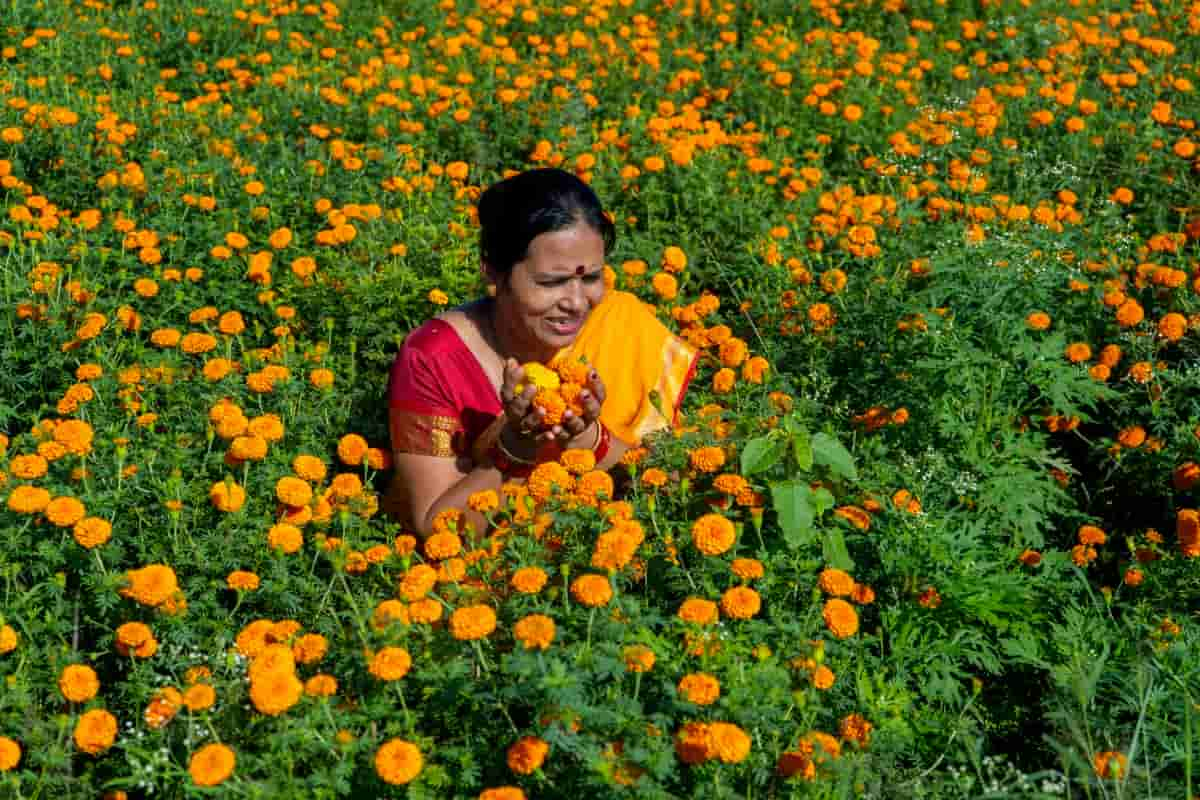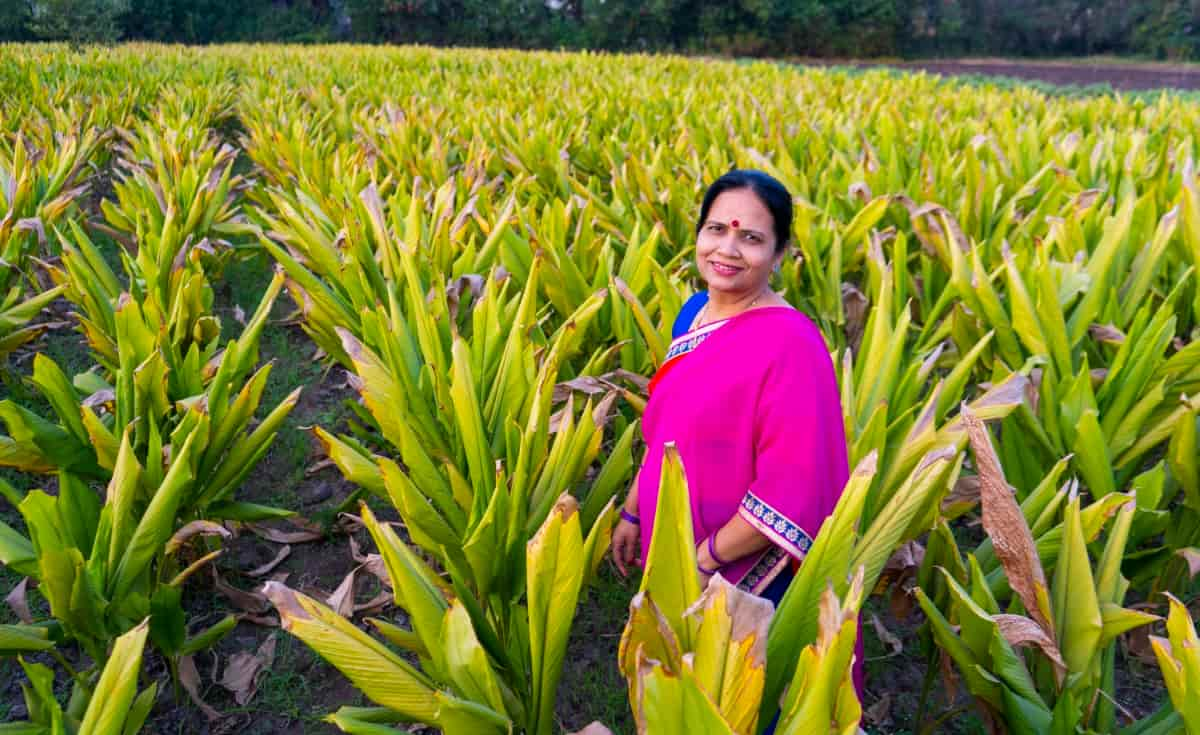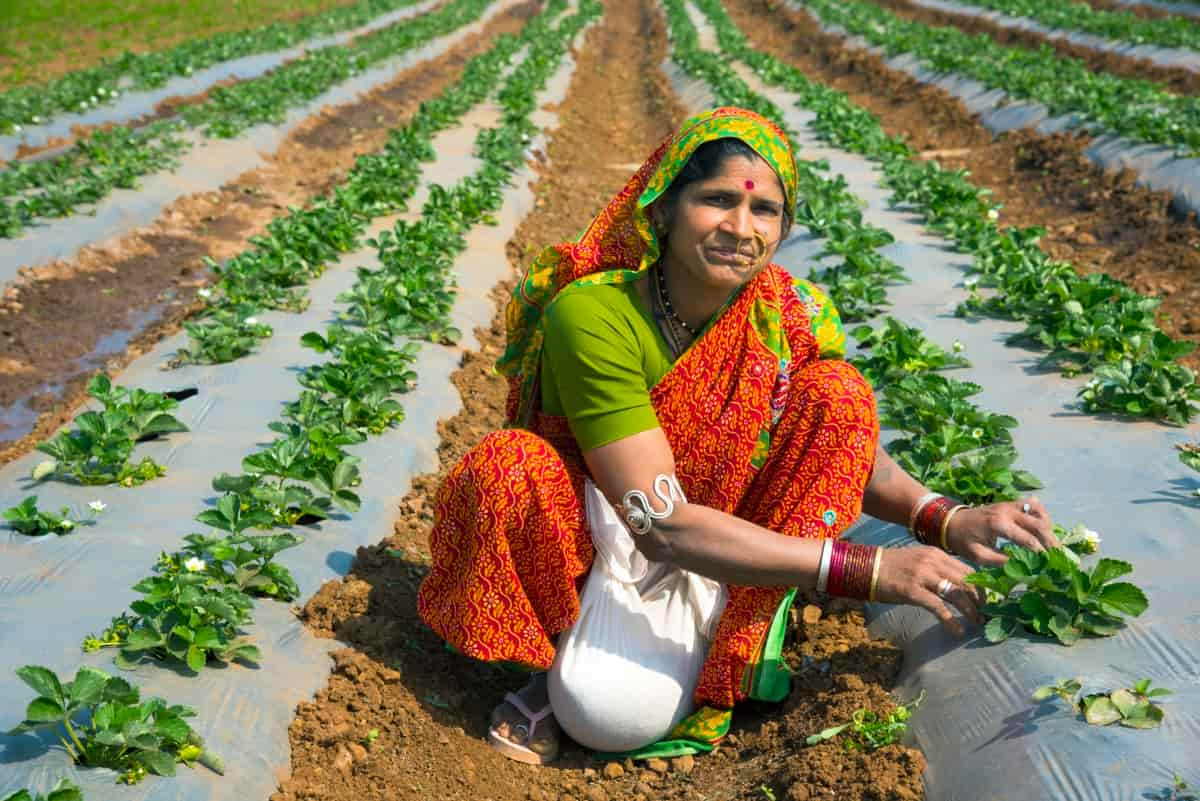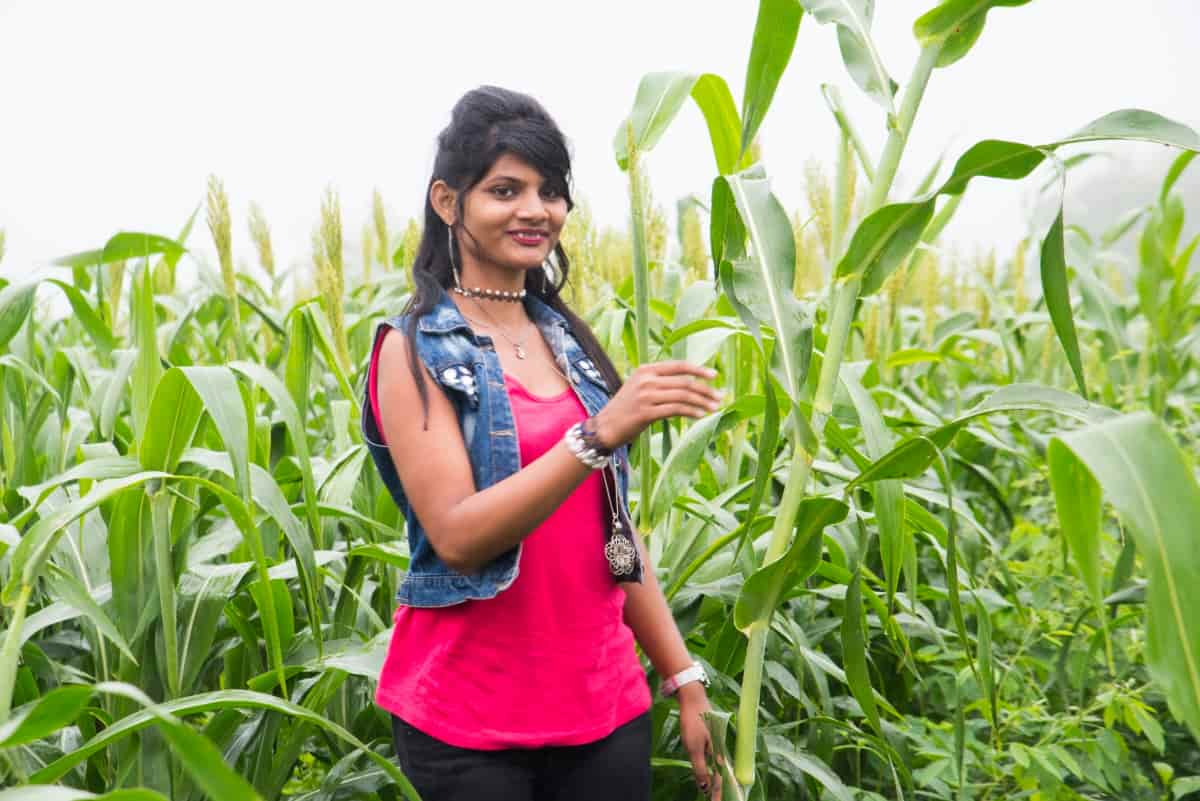Women in India play a crucial role in agriculture, contributing significantly to the sector’s growth. The government recognizes their pivotal role and has implemented various schemes to support and empower women in agriculture. These initiatives aim to provide financial assistance and subsidies to women farmers, encouraging their active participation in farming activities.

Subsidies for Women in Agriculture
Krishi Yozana
The Krishi Yojana provides substantial financial assistance to women engaged in agricultural activities, aiming to alleviate their financial burden and encourage them to invest in modern farming techniques, equipment, and technologies. The government believes that empowering women in agriculture not only enhances their livelihoods but also contributes to the development of the agricultural sector. This assistance includes funding for seeds, fertilizers, irrigation facilities, and equipment, aiming to improve productivity and efficiency, leading to improved yields and economic stability.
Mahila Kisan Sashaktikaran Pariyojana
The Mahila Kisan Sashaktikaran Pariyojana (MKSP) is an Indian initiative launched in 2011 to empower women in agriculture. Launched under the Department of Rural Development, MKSP provides essential support and opportunities for women farmers. It includes the formation of exclusive women farmer groups, which serve as platforms for women to share knowledge and address challenges.
The scheme provides financial assistance to women farmers, enabling them to purchase seeds, fertilizers, and equipment, thereby enhancing their productivity and income. The scheme acknowledges the financial empowerment of women as a crucial step towards rural development.
Pradhan Mantri Kisan Maan-Dhan Yojana
The Pradhan Mantri Kisan Maan-Dhan Yojana (PM-KMY) is a government initiative aimed at providing social security to small and marginal farmers aged 18-40. It is a voluntary pension scheme that allows farmers to contribute monthly to their pension fund during their working years, ensuring financial security in their later years.
In case you missed it: Seed Subsidy Schemes in India: Government Programs for Financial Assistance

The scheme guarantees a fixed monthly pension of Rs. 3,000 upon reaching 60, providing a reliable income source for farmers during retirement. The government also contributes an equal amount to the pension fund, making the scheme economically viable for farmers with limited resources.
Rashtriya Krishi Vikas Yojana (RKVY)
The Rashtriya Krishi Vikas Yojana (RKVY) is a government initiative aimed at promoting agriculture development and sustainable growth. It provides financial support to farmers, enabling them to invest in advanced machinery, seeds, and irrigation techniques. The RKVY also emphasizes sustainable agriculture, promoting organic farming, water conservation, and environmentally friendly practices.
The program aims to create a resilient agricultural system that can handle challenges like climate change and maintain the long-term health of the environment. The financial support allows farmers to invest in cutting-edge machinery, premium seeds, and irrigation techniques, thereby enhancing crop productivity and promoting sustainable agriculture.
Dairy Processing and Infrastructure Development Fund
The Dairy Processing and Infrastructure Development Fund is a government initiative in India aimed at modernizing the dairy sector by providing financial assistance to dairy entrepreneurs and organizations. The fund offers loans and grants to set up and upgrade dairy processing facilities and related infrastructure.
The implementation involves collaboration between the National Dairy Development Board and various financial institutions, ensuring a streamlined and accessible process for entrepreneurs and cooperatives involved in dairy processing. The fund emphasizes inclusivity, catering to both large and smaller ventures and promoting widespread development across the dairy sector.
National Agricultural Market
The National Agricultural Market (NAM) is an India-based initiative aimed at creating a unified marketplace for agricultural produce. It connects various agricultural markets across states, enabling farmers to sell their produce beyond local markets. The NAM operates online, allowing farmers to showcase their produce to buyers across the country, leading to better price realization.
The government supports the development of infrastructure in mandis, providing facilities like electronic auction platforms and warehousing. Farmers also receive subsidies and incentives to encourage active participation in the NAM.
Soil Health Card Scheme
The Soil Health Card Scheme is a government program in India aimed at improving agriculture by providing farmers with detailed information about their soil’s health. The cards are personalized and offer insights into nutrient levels, soil health, and recommended crop-specific fertilization practices. The scheme also provides financial assistance, covering costs for soil sample collection and laboratory testing.
In case you missed it: Fertilizer Subsidy Programs in India: Government Schemes for Financial Assistance

Farmers receive results and recommendations for soil nutrient management, helping them optimize fertilizer usage. The scheme is a collaborative effort between various stakeholders, including agricultural departments, state governments, and technology-driven soil testing laboratories. The government has established dedicated testing centers equipped with modern technologies.
JIVA
The National Bank for Agriculture and Rural Development has launched the JIVA program, a pilot phase focusing on promoting natural farming in 11 states. The initiative includes 25 projects across five agroecological zones, aiming to promote eco-friendly practices and efficient resource utilization.
Financial assistance may include subsidies, grants, or low-interest loans to facilitate the adoption of sustainable farming methods. JIVA aims to enhance agricultural productivity and promote environmental conservation by integrating various projects under the watershed program.
Pashu Kisan Fasal Bima Yojana
The Pashu Kisan Fasal Bima Yojana is a government initiative in India that provides financial security and support to livestock farmers. It goes beyond crop insurance and includes livestock, protecting farmers from economic uncertainties caused by unforeseen events like disease outbreaks, accidents, or natural calamities.
Livestock farmers receive compensation for the loss of their animals due to covered perils. The financial aid serves as a safety net, allowing farmers to recover and sustain their livelihoods. The scheme also encourages the adoption of best practices in animal husbandry, offering incentives for preventing losses. Awareness campaigns and training programs are conducted to educate farmers about the scheme’s benefits.
Saksham
The Saksham scheme for female farmers focuses on promoting agroecological practices to increase female farmers’ income while reducing input costs and risks. It operates under the DAY-NRLM (Deendayal Antyodaya Yojana-National Rural Livelihoods Mission) and includes the Mahila Kisan Sashaktikaran Pariyojana (MKSP) sub-scheme.
In case you missed it: Agriculture Infrastructure Subsidies for Indian Farmers

MKSP aims to empower women in agriculture, fostering sustainable practice. JIVA aims to ensure the use of the principles of agroecology for long-term sustainability, form the pre-existing social and natural capital, and nudge the farming community towards natural farming, as commercial farming cannot work.
Conclusion
The Indian government provides significant support to women in agriculture through various subsidy schemes and financial assistance programs. The TREAD Scheme, for example, provides up to 30% of the total project cost for women farmers. Special provisions for female farmers include a back-ended credit-linked subsidy covering 30% of the project cost with a maximum limit of Rs. 6.50 lakh.
These measures aim to alleviate financial burdens, enhance productivity, and contribute to women’s well-being in agriculture. The government also provides up to 80% financial support for specific initiatives like Mini Cluster projects.
- Feed Your Flock for Less: Top 10 Tips to Save on Chicken Feed
- Ultimate Guide to Ossabaw Island Hog: Breeding, Raising, Diet, and Care
- Hatching Answers: The Top 10 Reasons Your Chickens Aren’t Laying Eggs
- Eggs and Economics: Breaking Down the Cost of Raising Backyard Chickens
- Defend Your Greens: Proven Methods to Keep Iguanas Out of Your Garden
- Ultimate Guide to Cinnamon Queen Chicken: A Comprehensive Guide for Beginners
- Ultimate Guide to California Tan Chicken: Breeding, Raising, Diet, Egg-Production and Care
- Ultimate Guide to Marsh Daisy Chicken: Breeding, Raising, Diet, and Care
- 10 Types of Chicken Farming Businesses You Can Start for Profits